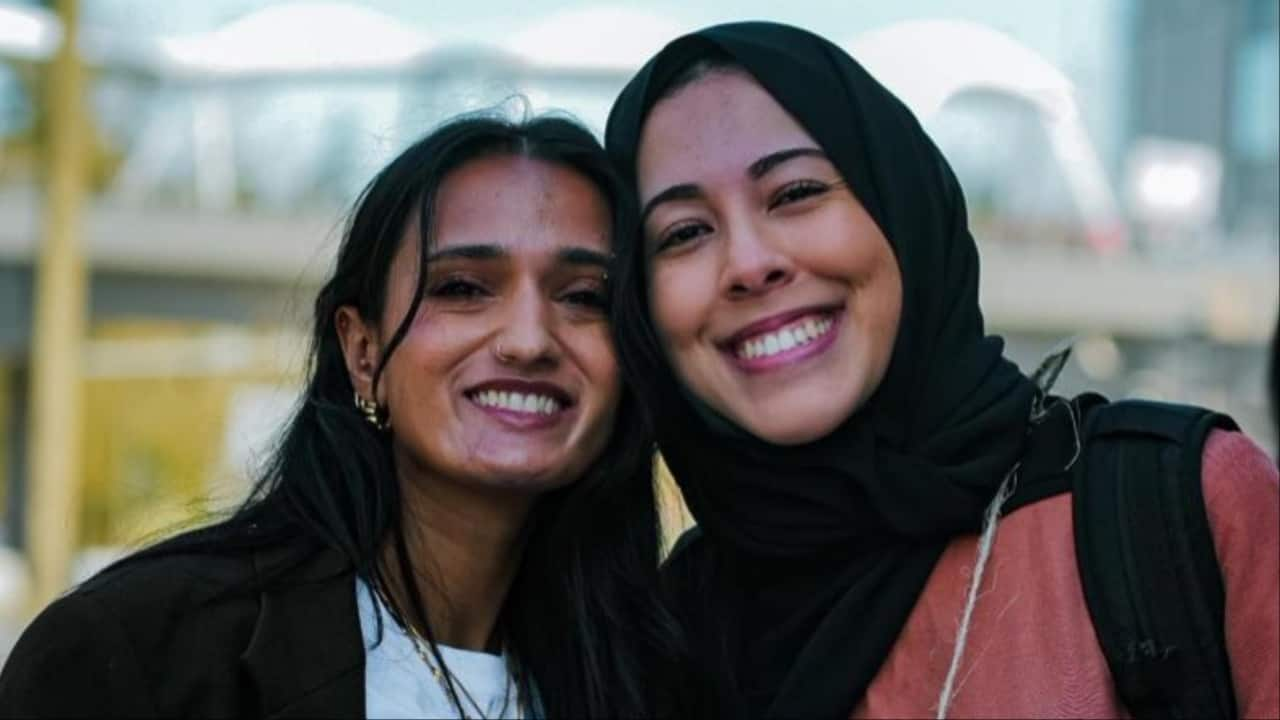Prayagraj: To enrich the cultural understanding of students studying in class three in the primary and composite schools of the Basic Education department, a new lesson titled ‘ Varanasi ki Yatra ' (Journey of Varanasi) has been added to the Hindi textbook from the 2025-26 academic session. From the new session, the book of the National Council of Educational Research and Training (NCERT) is being implemented in class three in govt schools. Before that, experts of the State Education Institute adapted the Hindi book ‘Veena-1' in the context of UP and added four new lessons.
The new lesson will replace the earlier story ‘Bolne Wali Maand', the cleverness of the lion and the jackal from the Panchatantra story collection. Likewise, poem ‘Bharat hai mera ghar' has been included in place of the poem ‘Hum anek lekin ek'. The purpose of adding this poem is that children are introduced to the heritage through the names of cities and special pictures of that city.

As per experts, the reason behind replacing the story ‘Bolne Wali Maand' with ‘Varanasi ki Yatra' is that no facts related to the feeling of patriotism or nationalism are found in the story called ‘Bolne Wali Maand'. Whereas the new lesson shows pride in heritage, freedom from every thought of slavery, unity, and solidarity. Through this lesson, students will be introduced to the famous Kashi Vishwanath temple, major centres of education including BHU, famous Buddhist sites and museums, as well as local famous cuisines and modern railway engine manufacturing factories.
Principal of the State Education Institute, Naval Kishore, said that permission was received from NCERT to make changes in the book in the context of UP. The book will be taught to children from the new session. Likewise, the students will be given the message of India's unity through poetry.
In the new Hindi book, the poem ‘Bharat hai mera ghar' was included in place of the poem ‘Hum anek lekin ek'. The purpose of adding this poem is that children are introduced to the heritage through names of cities and special pictures of that city. The poem added is a poem of positive imagination of children and introduces the unity and famous cities of India from North to South.
Apart from this, folk songs were added in place of the poem named Bharat as the central govt is emphasising preservation of local dialects. Braj, Awadhi, Bhojpuri, and Bundeli are the four major dialects of UP. These four folk songs cover four different folk aspects.
Children will gain knowledge of many styles of folk vocabulary, local images, and symbols. Similarly, the story of ‘Gummakad (wandering) Tarak' was included in place of Birbal's Khichdi included in the NCERT book. This story introduces children to the dimensions of cooperation and efforts besides the joy and happiness in friendship.
.
















